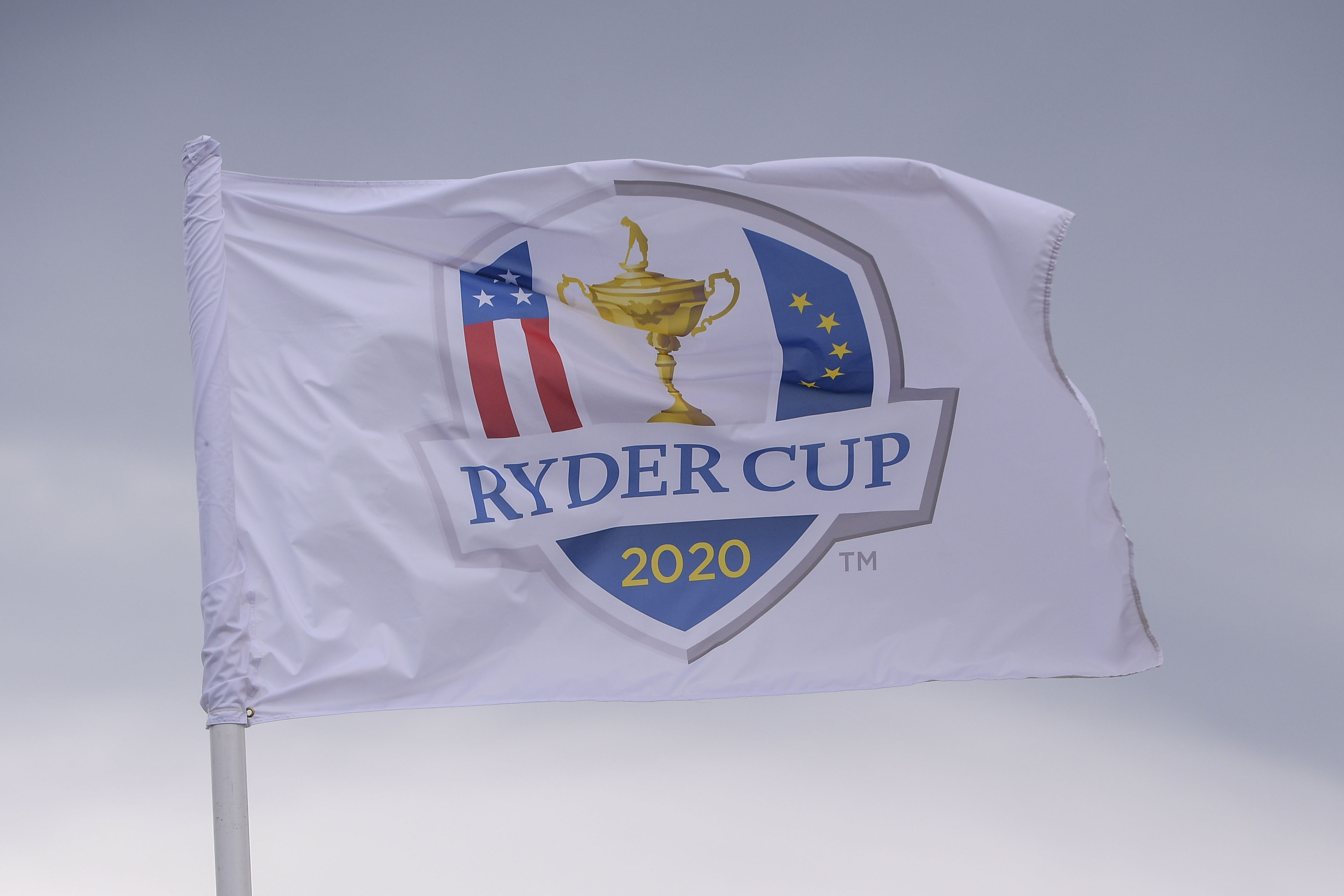HAVEN, Wisconsin — In the run-up to the 43rd Ryder Cup, concern about discord in the ranks of Team USA was focused on the feuding Bryson DeChambeau and Brooks Koepka. But while the bros have kept it civil this week, there is no shortage of tension around the U.S. squad.
It’s just coming from the swing coaches.
Swing instructors and putting coaches working with American team members at Whistling Straits must pay their own way this week, while coaches working with European players have their expenses covered. Europe also permits coaches access to the team rooms at both the golf course and the team hotel, a courtesy not extended to instructors on the American side. All of which has led to a groundswell of grievance among coaches, who have been demanding better treatment by the PGA of America.
“The American coaches pay our own airfare, our own hotel and our food. There’s a hotel we had to stay in to be in whatever bubble they tried to create and it’s about $350 a night after taxes,” said one teacher who works with a prominent member of the U.S. team. “There was even one night when the area where we were supposed to eat to stay in the bubble had been rented out, so we did not have a place where we were allowed to eat.”
The costs for instructors for Ryder Cup week are not insignificant. Three teachers told Golfweek their outlay would be between $4,000 and $5,000, but added that there’s a hidden cost of lost income from not working with other clients at home. One instructor said that was another $5,000 for him. Another suggested, “This is a $10,000 to $20,000 week all in for a lot of guys.”
Which potentially puts instructors in the position of needing to have an awkward conversation with their players about reimbursement.
“All coaches have different deals with their players,” one instructor explained. “A lot of coaches work on percentages, but there’s no purse at the Ryder Cup. If you’re not on a contract with travel and billing, you have nothing to gain being here, even though with the best players in the world it’s expected we would be here. To be reimbursed it would be a conversation out of the norm to our player.”
“The situation it puts us in is we either eat the $5,000 or we complain to our player,” he added.
Access is the other area of contention in Wisconsin. While support staff for European players have access to both team rooms, instructors for U.S. players are welcome at neither.
“I literally just tried to meet my player out back of the team room and couldn’t even get close to the building to meet him,” grumbled one coach.
The access issue extended to the golf course, too. Only after a number of coaches complained did the PGA of America grant them inside the ropes access on tournament days.
“We were not going to be allowed inside the ropes Friday, Saturday and Sunday, which would again have broken the bubble by putting us in the crowd,” a coach said incredulously. “They rectified that one.”
A request for comment by the PGA of America was not answered by publication time.
The range of issues that are causing anger among coaches created tension between them at organizers at the PGA of America.
At least one player on the U.S. team insists instructors ought to be treated as they are by the Europeans — welcomed as members of the team with appropriate access. And that starts with paying their costs.
“They’re making, what, $100 million off this but can’t cover that?” the player asked sarcastically.
Asked if he thought the group of instructors — roughly 20 people in all — would have their costs paid by team members, the player shrugged.
“It depends on the player whether they pay it,” he said.
That player’s instructor says there is a simple remedy to the backroom dissent in Team USA: “We send our invoices for travel and hotel, same as the European side.”
And if he were to send such an invoice to PGA of America headquarters next week, what are the chances it would be paid?
“None,” he said. “They wouldn’t even receive it.”

